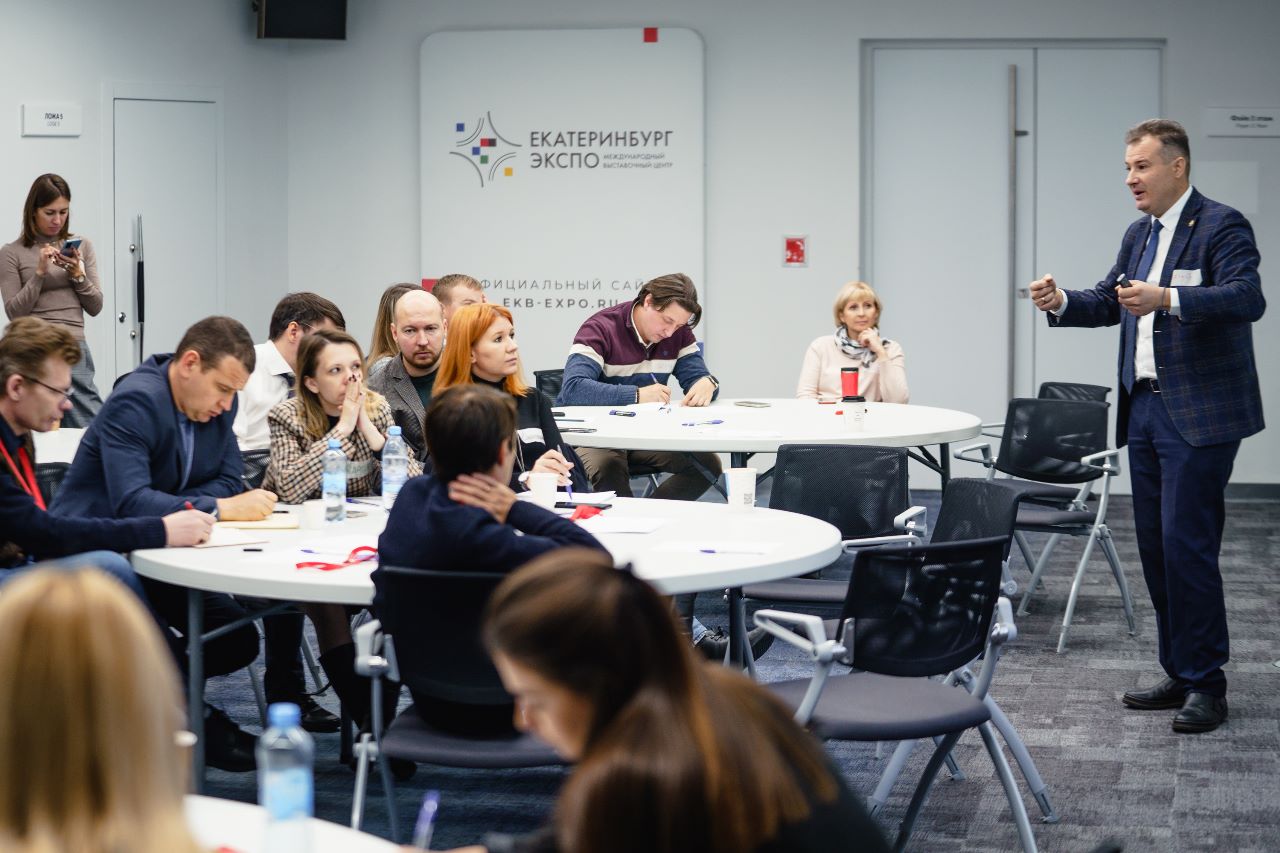The international platform is a complex of services for the development and promotion of advanced professions, technologies and skills.
One of the functional services of the International Platform is the Digital International Register of Skills, Professions and Technologies, the purpose of which is to update competence development programs, which occurs by applying the accumulated advanced knowledge bases of countries using various platform algorithms and taxonomies.
The registry is based on the following elements::
- International Specification of digital and high-tech industry competencies, which is a reference document recommended for updating national standards (technological, professional, educational).
- The Dictionary of Skills and labor Functions (hereinafter referred to as the Dictionary), based on the requirements for the necessary specialists in companies, regulations in professional communities, various qualification guides, and industry standards.
The development of International specifications and Dictionaries reflecting technological trends is carried out taking into account ten years of experience in testing competencies and testing them both at the workplace and in the format of competitive and educational events, and is implemented by the best specialists from the real sector of the economy within the framework of international project projects.
In August 2023, the first stage of expertise of dictionaries of skills and labor functions of international high-tech competencies was launched, which is carried out by leading industry experts in the format of an online survey.
Expertise will help determine whether the skills and work functions presented in the Dictionary correspond to the current global market realities and industry needs.
This tool is planned to be used in the framework of competitive and educational events, to collect, verify and approve expert positions in identifying, comparing and recognizing skills and labor functions that are in demand in the labor markets of different countries, and are understandable to representatives of education, business, and recruitment and evaluation services.
The wording of skills and work functions from Dictionaries that have passed the examination will be recorded in the Skills passport.
Skills passport is a document that is issued based on the results of competitive and educational events. The skills passport reflects the current degree of development of theoretical knowledge and practical skills by a specialist, his ability to perform labor functions defined by the labor market, within the framework of the chosen competence, as well as the points of further professional growth.
Thus, the expertise of dictionaries of skills and labor functions becomes a serious step towards the implementation of strategic modeling of the personnel and technological component of high-tech industries.
Terms and definitions
Skill - a set of theoretical knowledge and practical skills, characterized by a high degree of development and lack of conscious element-by-element regulation and control, manifested in professional activities and aimed at solving practical problems. There are two main subcategories of skills:
- Hard skills are knowledge, skills, and abilities that are easy to measure. Hard skills are a kind of foundation on which professionalism is built. Technical skills include: knowledge of programs, programming languages, knowledge of a foreign language, and the ability to do something with your hands, such as repairing a power line.
- Universal skills (Soft skills) are the personal qualities of a specialist, a combination of social and communicative characteristics of a person, character traits and career qualities. Soft skills allow employees to work as a team and achieve their goals. Most often, such skills are not associated with a particular profession. For example, learning ability and listening skills are equally important for both the graphic designer and the machine operator.
Labor function – this is a system of professional tasks of a specialist that are performed through the use of technical and universal skills.
